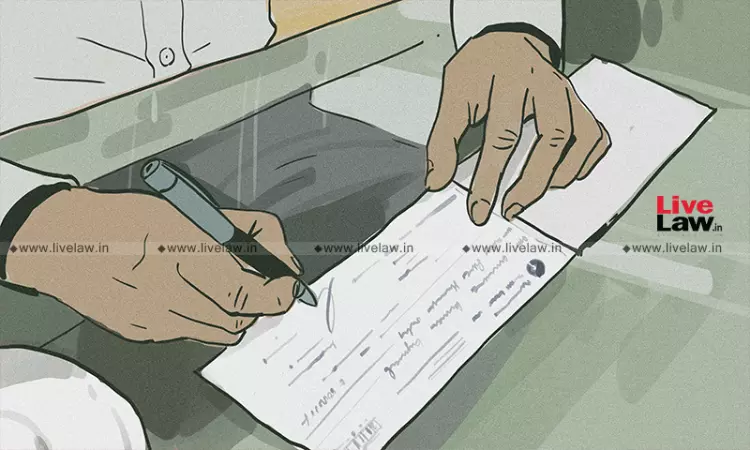Cheques Dishonored With Endorsements 'Insufficient Fund', 'Account Closed', 'Signature Mismatch' Attract S. 138 NI Act: Allahabad HC
Sparsh Upadhyay
28 May 2024 7:55 PM IST

Next Story
28 May 2024 7:55 PM IST
The Allahabad High Court has observed that if the cheque is dishonoured and returned with the endorsements - case referred to drawer, instruction for stoppage of payment, exceeds arrangement, insufficient fund, signature differed or mismatch or account closed - then it will be sufficient for prima facie case for issuing process under Section 138 NI Act. A bench of Justice Arun...
